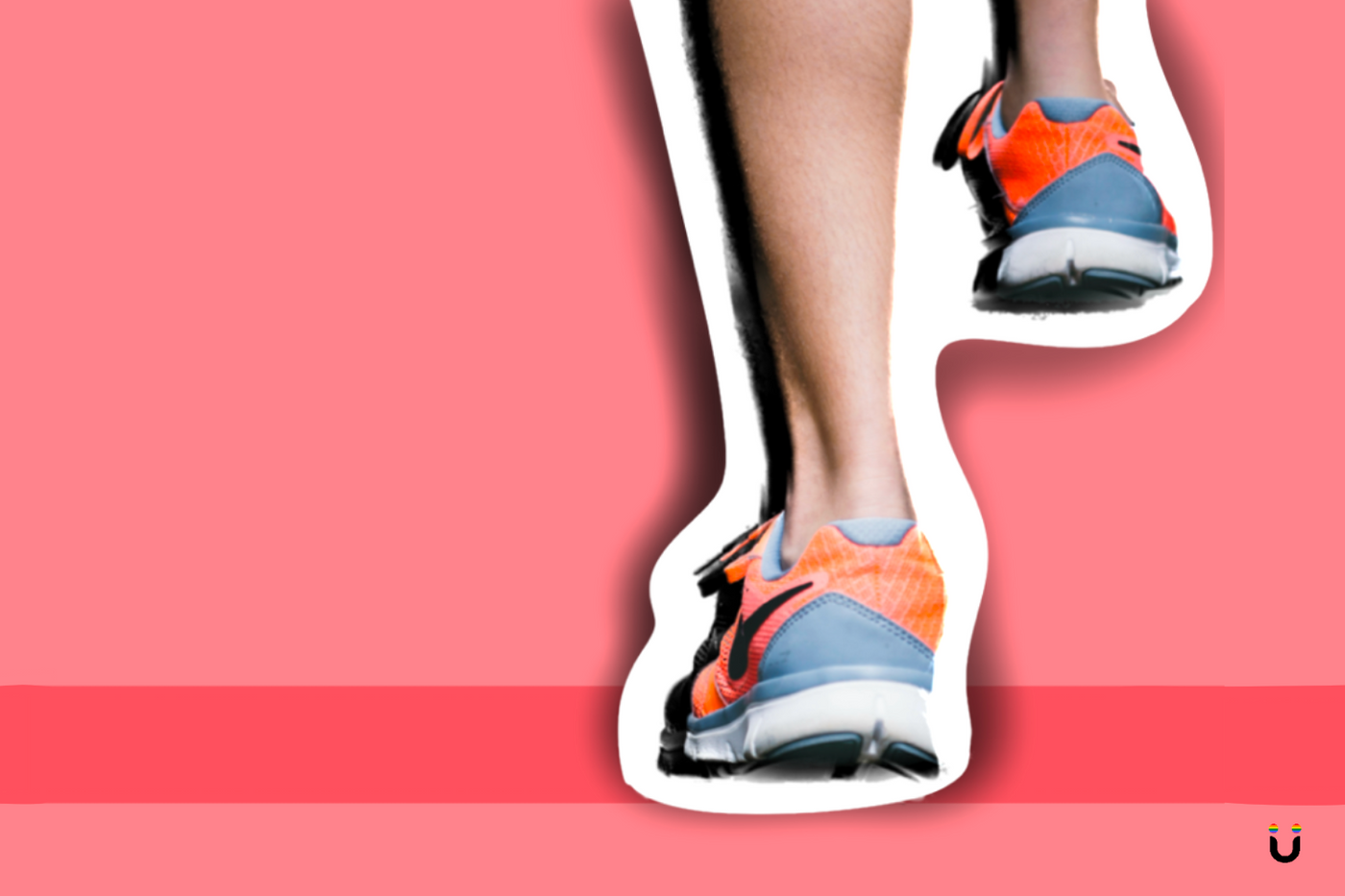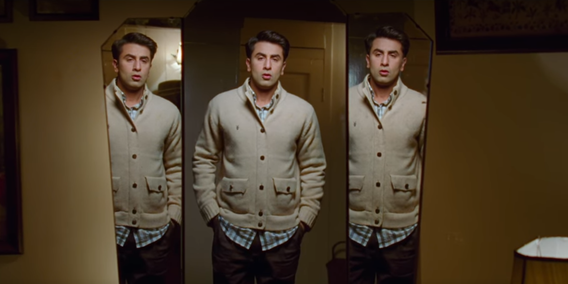I took up running as a sport in 2012.
The short version of the story is that as a 23 year old, I wanted to become a better fitter version of myself. The long version of the story is that I wanted to be fitter because I’d been brutally body shamed by someone I loved. It’s a truth universally acknowledged that spite motivates men like nothing else. Men will move mountains (or run marathons) at the slightest bruise on their ego.
It’s me. I’m men.
While this is not a discourse on toxic masculinity, I must give you some insight about my life: I’ve never had an athletic bone in my body; my idea of PE in school was slouching away in the corner, praying that our gym teacher wouldn’t spot me during team selections. My mum tried signing me up for karate classes and tennis lessons when I was a child, but I’d feign sickness every other class with resolute unabashedness, until both instructors decided to give my mum a full refund.
I still remember my very first run. It was a quick 50 meter sprint, and I distinctly remember panting as if I were on the verge of death. Every little nerve in my body was screaming at me to stop; urging me to give up this goal, begging me to just go back home and cry myself to sleep. I find it remarkable that I didn’t.
To my surprise, I showed up the next day. And the next. And the next. And the next. Every day, my nerves screamed at me a little less, and I ran a little more. As the months crawled by, I crawled through longer distances and shorter timespans. Fifty meter sprints became daily 5k runs. Somewhere down the line, I’d hardwired myself to start enjoying my runs. It wasn’t just a sport anymore, it was a hobby.
Every run was a burst of oxytocin and dopamine and serotonin and whatnot, and I desperately craved that daily dose of happy chemicals™. I ran when I was angry, I ran when I was sad, I ran when I was furious, I ran every time I felt minorly inconvenienced. And just like that, I’d found myself a nifty life hack: running helped me deal with a lot of my feelings, and the only thing it was depleting was my body fat (unlike my bank account). But was I not able to see running: a tool, not a solution ...
‘Wow, who needs therapy?’ I’d yell out to myself, and then I'd run another lap on the track.
See, it felt great to vent out my bottled rage in those short sprints that left me out of breath (and out of anger). In the good ol’ days of 2019, I thought that running was nothing more than a series of arguments between the part of your brain that wanted to stop and the part that wanted to keep going. Over time, I realized I wasn’t running away, I was running towards a goal.
In fact, the highlight of my running career (since I gave it the same dedication that I usually reserve for work), was that one time when I ran a 21k in a record 116 minutes. (Which in retrospect is a personality trait I would make fun of today). It’s the happiest I’d ever felt in a really, really long time.
Right until it wasn’t.
Catastrophe hit in 2020, and suddenly, in the blink of an eye, I was right back where I started. Without my daily release of expletives runs, all my issues swooped right back in. But if you’ve been reading this blog carefully, you’d know that they’d never actually left. I’d just become really good at running away (quite literally) from my problems. To cut a long story short, I eventually found my way to a therapist, and life was happier again. But it took months of sessions (and many more months of self-work) to see some substantial change in my life.
It’s funny how I found myself at my fittest (yes, mentally) when I stopped running for a bit. Am I a changed man now? Not really. Have I found some peace in my life? Ever so slightly. Do I still enjoy running? Absolutely!
The only difference? I see some form of the truth from this side of the finish line. The issue I have with this pervasive idea that “running is therapy” is that we’ve over-exaggerating the connection between our mileage and our mental health. There’s absolutely a link —and I’ve personally experienced how running can be a reset button, a meditative outlet, and a way of connecting to others when dealing with stress, anxiety, or depression (or in my case, all three). But you can’t ever outrun all your problems (not that I haven’t tried).
Yes, running can be therapeutic. But so are candles. Or a day at the spa. Or reading a good book. Nonetheless, I’d highly recommend against going all-in on ultramarathons, spa dates and soy candle packages as a means of treatment for mental health. Yes, it’s very, very beneficial to exercise (or read more). They can make for brilliant tools for your mental well-being, but no, it’s sadly not the whole toolbox. My realisation sinking in was that running: a tool, not a solution!
I’m not saying you shouldn’t run at all. No, this isn’t your excuse to shut shop and lie on your couch all day. Go do those daily jogs. Run 5k daily. Practice for the half-marathon all you want. The internet (and your doctor) is rife with evidence that show the benefits that running can have on your mental health. See what it did for me!
Running can be an integral part of your mental health journey. But it’s still one of many, many, many (many being an understatement) things that aid you in your path to recovery. I think the danger here is being over-reliant on this particular alternative. But the same goes for soy candles and days at the spa (side note: on the other hand, there’s no such thing as reading too many good books!)
Yes, being a human can be exhausting. And running sounds like the perfect antidote to the myriad stresses that accompany everyday life (Do I really like my job? Is it going to get hotter every year? Will I get to watch the Barbie movie on the day it premieres? What is even happening to Twitter?). In fact, I find it very wholesome that so many people (myself included!) find so much happiness in moving, but hey, it’s not the same as actually going for therapy.
Think of running as a great time to sit jog with your thoughts and work through your feelings. But know that you can also choose to do so in therapy, with the right nudges from a trained mental health professional.
True, it’s not the same for your hamstrings and quads, but your brain will only thank you later.
PS: If you’re really struggling, you should know that you’re not alone, and that help is available when you look for the right resources. Like I said, run all you want, and shout out your personal records every time you do, but just remember to be skeptical of narratives that seem to glorify people resisting that help.







